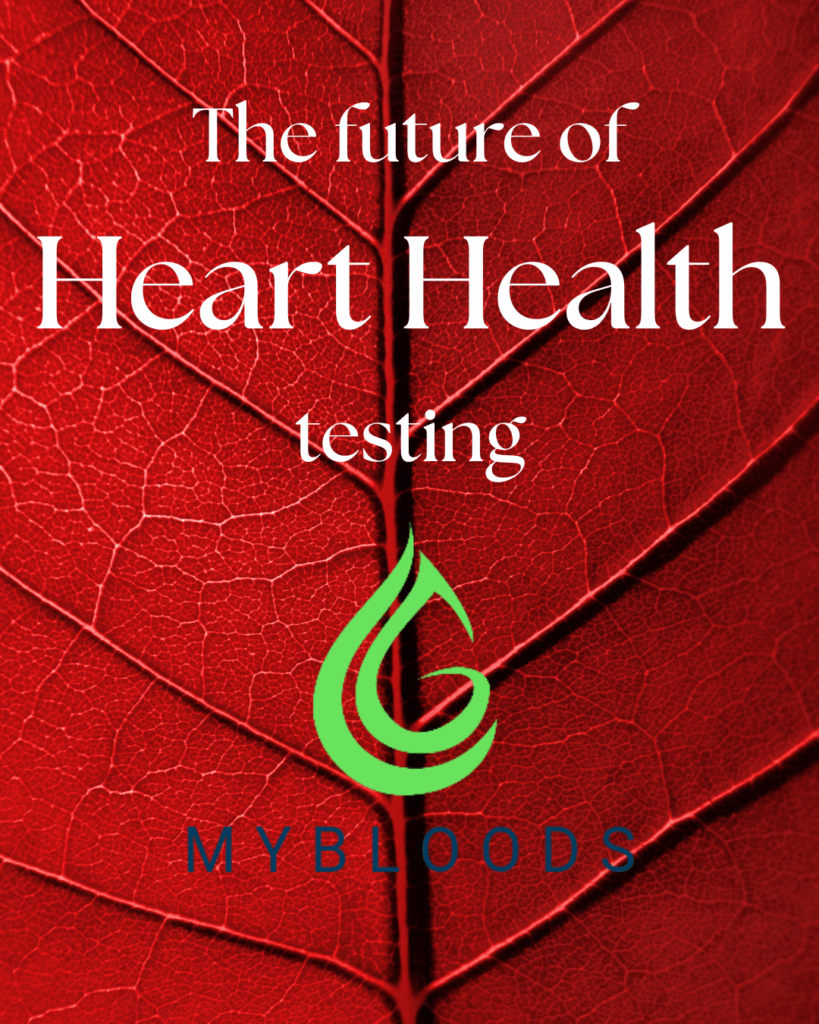
The Future of Heart Health Testing: Unlocking the Power of Lipoproteins and Apolipoproteins
In recent years, advancements in heart health testing have reshaped how we approach cardiovascular disease prevention. A new wave of innovative testing methods is emerging, focusing on lipoproteins and apolipoproteins. These biomarkers provide insights beyond traditional cholesterol tests, offering a clearer and more accurate picture of heart disease risk. Here’s what you need to know about these powerful tools and why they are set to become the cornerstone of future heart health testing.
Understanding Lipoproteins and Apolipoproteins
Lipoproteins are complexes of lipids (fats) and proteins that transport cholesterol and triglycerides through the bloodstream. They come in various types, each playing a unique role in cardiovascular health:
Low-Density Lipoprotein (LDL): Often called “bad cholesterol,” high levels of LDL are associated with an increased risk of plaque buildup in arteries.
High-Density Lipoprotein (HDL): Known as “good cholesterol,” HDL helps remove cholesterol from the bloodstream, reducing the risk of cardiovascular disease.
Very Low-Density Lipoprotein (VLDL): Primarily carries triglycerides, and elevated levels can contribute to plaque formation.
Intermediate-Density Lipoprotein (IDL): A transition particle between VLDL and LDL, linked to atherogenic risk.
Apolipoproteins are the protein components of lipoproteins that play critical roles in their structure and function. Key apolipoproteins include:
Apolipoprotein A1 (ApoA1): The main protein in HDL, associated with protective cardiovascular effects.
Apolipoprotein B (ApoB): Found in LDL, VLDL, and IDL, it is a strong predictor of atherosclerosis risk.
Apolipoprotein E (ApoE): Involved in lipid metabolism and linked to genetic risk factors for heart disease.
Beyond Cholesterol: Why Lipoproteins and Apolipoproteins Are the Future
Traditional cholesterol testing, while useful, has limitations. Total cholesterol or even HDL/LDL levels do not always accurately predict heart disease risk. Lipoprotein and apolipoprotein tests go further, providing a detailed analysis of:
Particle Number and Size: ApoB measures the number of atherogenic particles, offering a better assessment of plaque risk than LDL cholesterol alone.
Functional Insights: ApoA1 levels indicate the efficiency of reverse cholesterol transport.
Comprehensive Risk Profiles: These tests account for genetic and metabolic factors influencing cardiovascular health.
Studies show that lipoprotein and apolipoprotein testing can detect risks that traditional methods miss, making them a game-changer in personalized heart health strategies.
The Growing Popularity of Advanced Testing
As awareness grows about the limitations of conventional cholesterol tests, lipoprotein and apolipoprotein tests are gaining traction. Medical professionals and heart health experts increasingly recommend these advanced tests for:
Individuals with a Family History of Heart Disease: To uncover genetic predispositions.
People with Diabetes or Metabolic Syndrome: Where traditional cholesterol measures may underestimate risk.
Anyone Seeking a Proactive Approach: These tests empower individuals to take control of their cardiovascular health early on.
Benefits of Testing for Lipoproteins and Apolipoproteins
Opting for advanced lipoprotein and apolipoprotein testing offers numerous advantages:
Enhanced Risk Prediction: Detect heart disease risks early, even before symptoms appear.
Personalized Health Plans: Tailor lifestyle changes and medical interventions based on detailed insights.
Peace of Mind: Gain confidence in your cardiovascular health by understanding your unique risk profile.
Take Charge of Your Heart Health Today
The future of heart health testing is here, and it’s more accurate and insightful than ever. Lipoprotein and apolipoprotein testing provide the tools you need to safeguard your heart. As these tests become increasingly accessible and affordable, there’s never been a better time to explore them.
Speak with your healthcare provider about these advanced testing options and take the first step toward a healthier heart.
